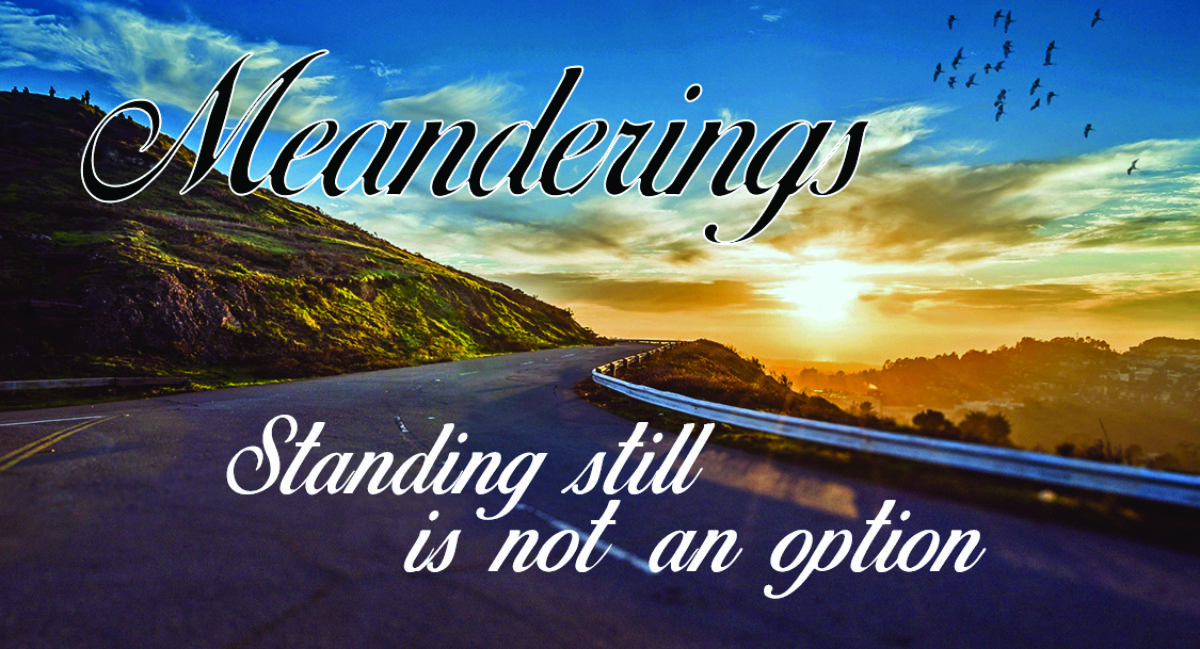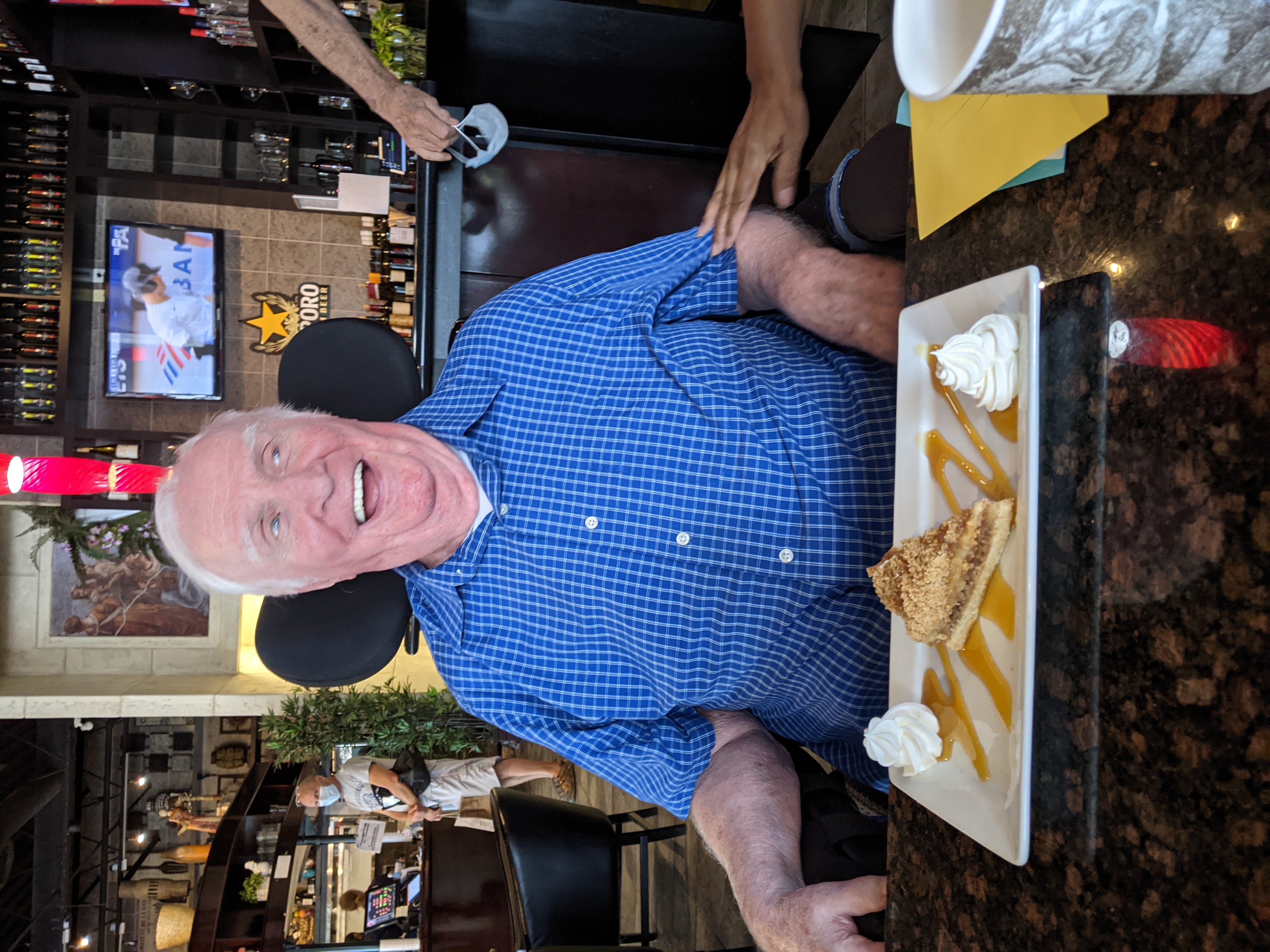Thank you to author Cynthia Reyes who interviewed me for her blog.
Cynthia is a former television journalist, trainer and executive producer with the Canadian Broadcasting Corporation and a master gardener.
An Interview with Paula de Ronde
Paula de Ronde dreamed of writing a book – but never this book.

Q: You were a senior librarian with the Toronto Public Library. What is your relationship with books?
I love books. I am in love with words. Reading has been my number one pleasure all my life. Still today I wake up with a book and go to sleep with a book. It’s more than a habit, it’s me.
Books are gateways to the world. They provide the greatest pleasure anyone can enjoy on their own, or with family, friends and a community. Books are for information, recreation, education. They transform, inspire and transcend the mundane.

I wanted to be a librarian to put people and books together for them to discover the world and the knowledge in it. An informed society results in a more compassionate society. Knowing this led me to my added advocacy work on behalf of libraries and their value to their communities.
Q: What made you write this book?
No one is prepared for this diagnosis or to be a caregiver for this particular disease. So, given my background, when those fatal words were uttered I donned the librarian’s hat and instinctively knew who to ask and where to look. As I found information, sorted out help and support, read others’ accounts of the dementia journey and experienced the convoluted Alzheimer’s world, I realized that I needed to share the information. A dementia diagnosis will always be an ambush but may be less traumatic if you are aware of where to find help. This is a situation that begs for help, professional help and appropriate community resources.

I also wanted to support, enlighten, educate, guide and most of all give as positive a take on the disease as I could based on our own experience. The more I learned about the various levels of help, the less traumatized I felt. Peer support was invaluable.
Caregivers face a life sentence of 6 to 20-plus years. Those years spell sacrifice and a dramatic change for at least two people. Your loved one has the disease but it affects you just as much. So the caregiver must carve out a life that lasts for that sentence. Being informed of what is ahead will help you plan to live with as much joy as can be had.
Q: Your book reveals the daily challenges and joys of a caregiving relationship between a wife and her beloved husband. What’s been the toughest experience/challenge and what’s brought you most joy?
The disease is a tragic comedy and sometimes the comedy is more evident than the tragedy. It has taught me to live in and out of small. Once you accept the fact of the inevitability of this disease’s trajectory, with death always hovering, you begin to notice the small things.
The irony? The toughest challenge and joy may come from your own memory.
I did not recognize how much I was grieving until the day my Bert entered the living room half dressed in pull-ups ready to watch a video with me. This was my rock, my knight, the proper gentleman whose purpose was to make me happy. My Bert is my greatest fan, my encourager, for whom I could do no wrong. Here was my partner in joy and sorrow. I looked at him and knew that Alzheimer’s was taking him from me and I grieved.

Another enormous challenge was accepting the fact that my Bert would end up in a Long Term Care facility. It is perhaps the most gut-wrenching decision a caregiver ever has to make.
What has brought me most joy?
I am not sure I have experienced the greatest joy as yet. Here again memory is most evident. Our travels are amazing. Our life experiences both good and horrible are over the top both before and now during this journey. As the disease progresses we have learned to look at ‘small’ and take the moments of joy that come in the most unexpected ways. It is the days my Bert looks at me and in the midst of chewing says: “I love you very much.”
I smile as I remember the counselor from the Society who just held me tight when in tears I asked: “Have you ever had a client rail at the fact that she could not stand one more ‘I Love you’ from her spouse?”

It’s the little wave I get as I enter the home and the loud ‘that’s my wife.’ It’s how he remembers our son and daughter-in-law and the familiar gestures he makes that confirms the memory. It’s laughter. Oh, how we laughed with our friends and family and still laugh. His spontaneous gift of laughter is always evident. His innate chivalry is intact.
It’s the fact that the disease may be taking away my Bert’s personhood but not his character. My Bert equals joy.
Q: What do you think Bert would say/feel about your book, if he could?
I have read a few paragraphs to him and he will say something like: “That’s me? My head is not right.” I read the happy parts and those that refer to his past in The Netherlands, the war, his siblings. He has for ages told me I should write a book and he likes to hold it. I am grateful that once again my Bert has been the enabler for another of my dreams. I am so deeply sorry that he does not know that he is the star of what he holds in his hands. If he understood he would be out declaring to the world that I am the greatest writer that ever lived!

Q: Memoir writers often contend with the issue of privacy – what to put in, what to leave out. How did you resolve it?
It took some doing but once I decided to put our story into print, the motivating factor was that it had to be real — truthful, unencumbered by too much modesty and recorded in a way that illustrated the good and the bad. There were parts I did not have to include as just saying the words dementia or Alzheimer’s brings up certain pathologies of which even the uninitiated are aware.
However, there is no getting away from some private moments being put ‘out there’ especially when the dynamic duo are spouses. What was important was that in sharing our story I hoped to provide credible and helpful information to readers and to do that I had to share the whole story.
Q: You have a way with words. Is this your first book? If so, what took so long?
Like many, I have been a closet writer for a very long time. I have a collection of bad stories, poetry, extended stream of consciousness articles plus travel journals that I visit and cull maybe once every five years. I write every day in a journal. The truth is that I suffer from imposter syndrome especially after I have read a good book. Yet even as I denigrated my own writing I was aware that good writing is simply a good story.
Writing throughout this journey is my therapy but more than that, I wanted to spare others, to ease the journey just a little by allowing them into my own story, to introduce the tools that worked for me and perhaps can work for them with a little tweaking to fit their particular situation.
Now that the genie is out of the bottle I can’t wait to do another book. Did I say that?
Paula’s memoir, My Bert Has Alzheimer’s, is widely available through online booksellers and at A Different Booklist in Toronto.



